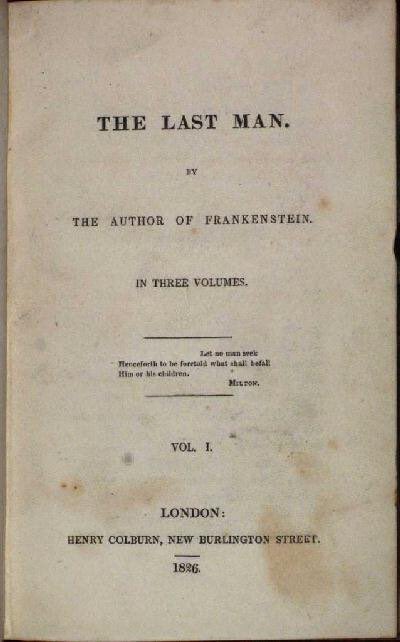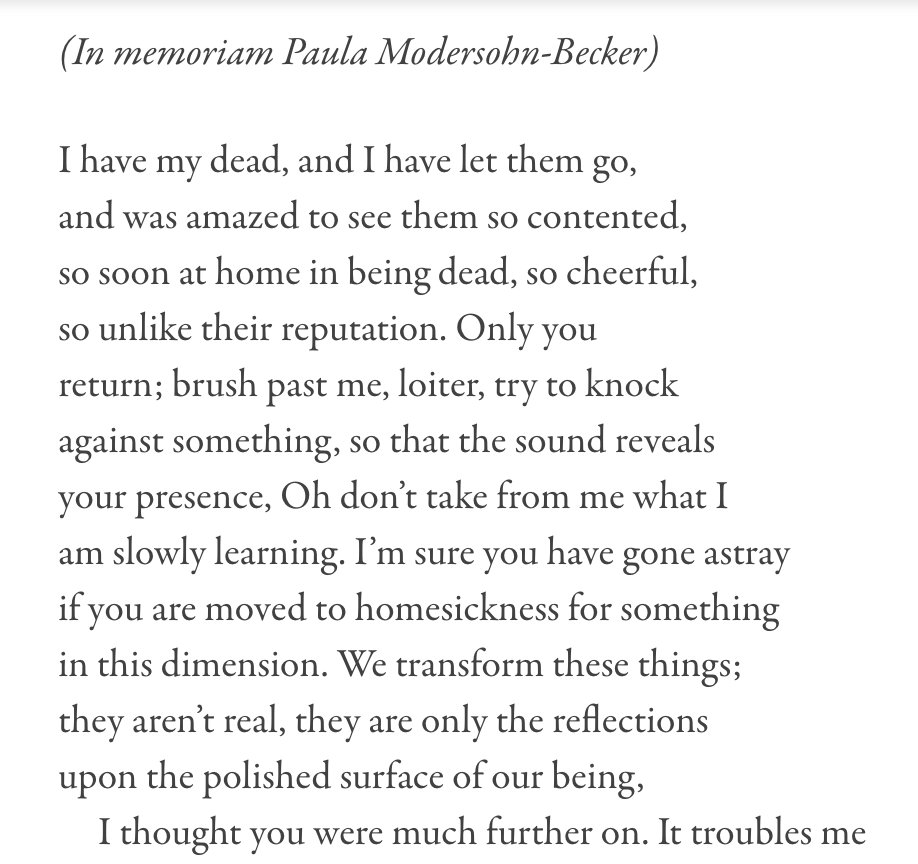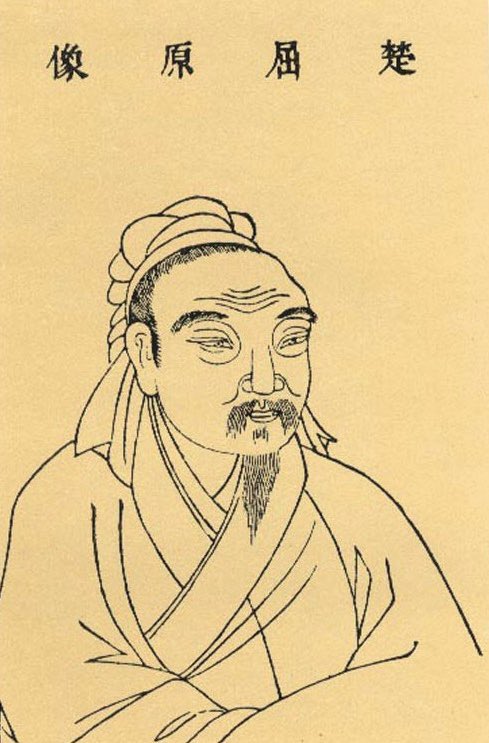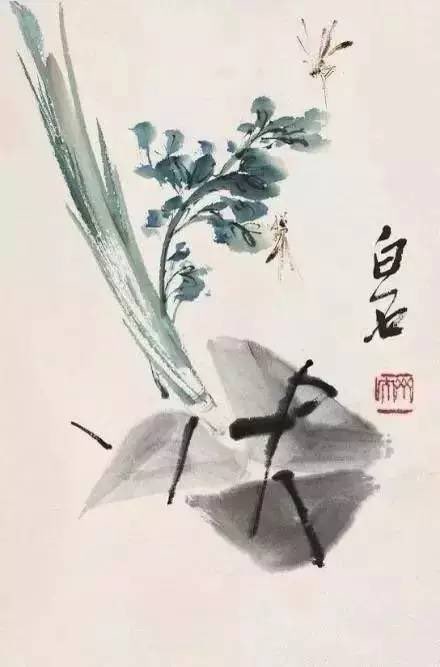
Returning to Mary Shelley and her *other* tale of loss, written right after her husband’s death, its title from her diary entry: “Yes I may well describe that solitary being's feelings,feeling myself as the last relic of a beloved race,my companions extinct before me.” 

And it was more than Percy that Mary Shelley had lost: her father-in-law forbade her from using the family name.
Hence, “The Last Man” is merely the work of “The Author of Frankenstein.” It is a story of radical solitude, by an author bereaved and effaced. As apt now, as then.
Hence, “The Last Man” is merely the work of “The Author of Frankenstein.” It is a story of radical solitude, by an author bereaved and effaced. As apt now, as then.
“I spread the whole earth out as a map before me. On no one spot of its surface could I put my finger and say, here is safety.”
-Mary Shelley, The Last Man
-Mary Shelley, The Last Man
“What is there in our nature that is for ever urging us on towards pain and misery? Disappointment is the never-failing pilot of our life's bark, and ruthlessly carries us on to the shoals.”
Afflicted, despondent, Mary Shelley’s ‘last man’ nevertheless goes on.
Afflicted, despondent, Mary Shelley’s ‘last man’ nevertheless goes on.
At the end of “The Last Man,” the last man decides to head for unknown lands hoping that, “I may find what I seek--a companion.”
Perhaps Mary Shelley was crafting the very ending she wished for, despite her cognizance of its futility:
Perhaps Mary Shelley was crafting the very ending she wished for, despite her cognizance of its futility:
https://twitter.com/chowleen/status/947884855844655104
“Let us live for each other and for happiness; let us seek peace in our dear home, near the inland murmur of streams, and the gracious waving of trees, the beauteous vesture of earth, and sublime pageantry of the skies. Let us leave ‘life,’ that we may live.”
-Mary Shelley
-Mary Shelley

Reprising some thoughts on a favorite work, Mary Shelley’s The Last Man, on the year’s first day
good morning and happy 2021
good morning and happy 2021
• • •
Missing some Tweet in this thread? You can try to
force a refresh

















